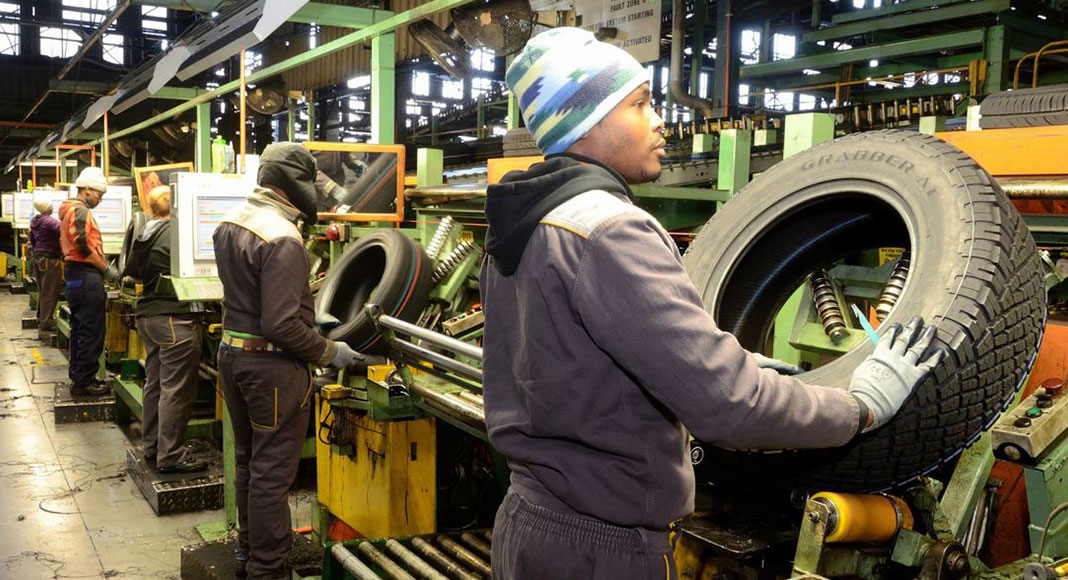Transport Ministry Drives Towards Automotive Industry Policy

Experts at the Ministry of Transport and Logistics are working on an independent automotive policy in hopes of encouraging domestic vehicle manufacturing and improving the quality of vehicles on Ethiopia’s roads.
Kedelmagist Ibrahim, an advisor at the Ministry, told The Reporter the draft policy leaves room for combustion engine vehicles despite the government ban on their import in favor of a move towards electric cars.
He indicated that experts from the Industry and Planning ministries, as well as regional bureaus and other institutions are involved in drafting the policy, and noted that frequent reshuffling at the tops of these offices have contributed to delays in the process.
The policy will address issues related to import procedures, quality standards, and domestic manufacturing and assembly, according to the Advisor.
The lack of a clear automotive policy has turned away global manufacturers who have previously expressed interest in investing in Ethiopia, such as Volkswagan and Toyota, according to Kedelmagist.
He hopes the policy in the making will make them reconsider.
Observers note that Ethiopia’s restrictions on the import of fuel-powered vehicles clashes with the country’s redoubled efforts for accession to the World Trade Organization (WTO).
The Advisor told The Reporter the draft policy does not take Ethiopia’s WTO requirements into account.
“We are not preparing this policy with that in mind,” he said.
Reports indicate that Ethiopia’s automotive trade is growing by 10 percent annually, with nine global manufacturers (including Hyundai, Iveco, and several Chinese brands) assembling their products in the country.
A year ago, Ethiopia became the first country in the world to ban the import of petroleum-powered vehicles. Estimates put the number of electric vehicles in the country at 35,000, with the figure expected to increase to 150,000 over the coming decade.
The Addis Ababa City Administration recently acquired a small fleet of electric buses as part of the drive to go green.
Still, combustion engine vehicles far outnumber their electric counterparts. A Ministry report from 2020 put the number of vehicles on Ethiopia’s roads at 1.2 million, with half of them located in Addis Ababa.
Kedelmagist indicated the draft policy will be submitted to Parliament within a year’s time following amendments and a review by experts at the Ministry of Justice.

